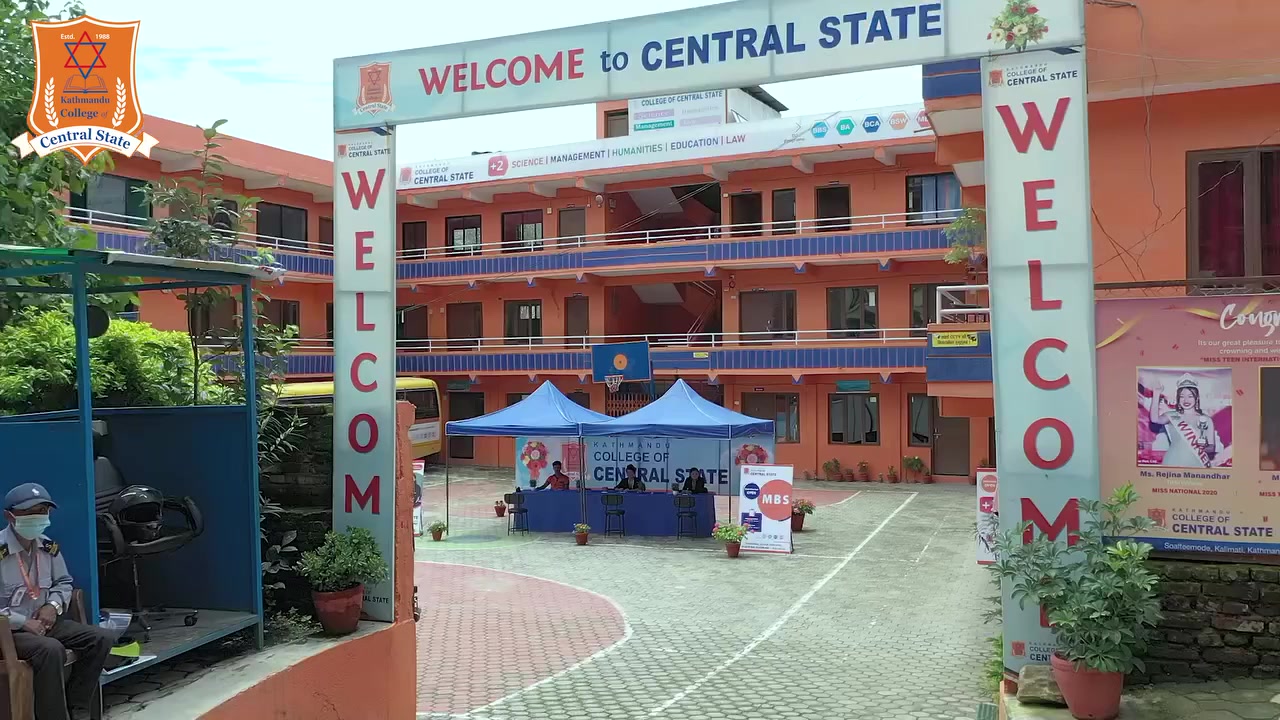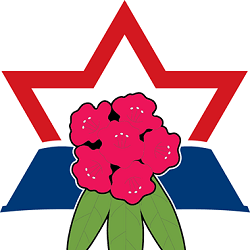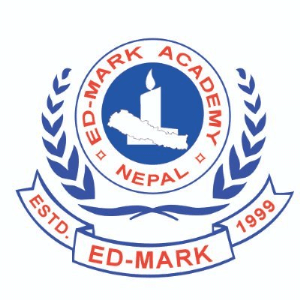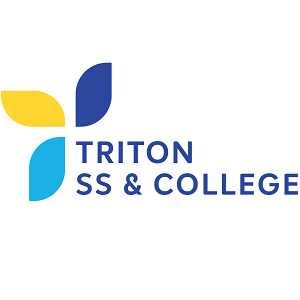Overview
Master of Business Studies (MBS) – Kathmandu College of Central State
MBS at Kathmandu College of Central State (KCCS), Kathmandu, follows Tribhuvan University (TU) Faculty of Management guidelines for a two-year, four-semester program.
If you are searching for MBS, Master of Business Studies, TU semester system, KCCS postgraduate management, and Nepal management degree will find clear information on structure, skills, and expectations.
The course covers advanced management areas—marketing, finance, human resources, operations, accounting, business environment, research methodology, strategy, entrepreneurship—and ends with specialization and a capstone requirement set by TU.
The department treats MBS as a step toward responsible mid-level roles. You learn to read data carefully, frame decisions using policy and ethics, and write reports that managers can understand.

Highlights
-
Affiliation: Tribhuvan University, Faculty of Management
-
Duration: Two academic years, four semesters
-
Mode: English medium, classroom plus assignments and presentations
-
Core coverage: Marketing, finance, HRM, operations, managerial economics, statistics, accounting, strategy, research methodology, entrepreneurship
-
Assessment: Internal evaluations and semester-end examinations; capstone or dissertation as per TU rules
Curriculum Details
Semester 1 builds your analytical base. You study marketing management, managerial economics, statistical methods, organizational behavior, and managerial communication. The focus stays on reading data and presenting clear choices without vague language. Students write short memos that summarize assumptions, numbers, and recommendations.
Semester 2 moves to finance, human resource management, production and operations management, management accounting, and business environment. You draft budget scenarios, inventory notes, and staffing outlines. Students practice reconciling monthly numbers against quarterly plans and prepare a one-page variance note.
Semester 3 adds accounting for financial and managerial decisions, research methodology, international business, strategic management, and entrepreneurship. You prepare research proposals with a simple problem statement, sampling plan, and a data table format. Students engage in short field inquiries to support class tasks and present findings in five slides.
Semester 4 focuses on specialization. Students choose courses within an area such as finance, marketing, management, or accounting. The college guides you through a dissertation or project requirement under TU instructions. You learn to create a timeline, seek approvals, and store raw data carefully for verification.
Objectives
-
Strengthen decision-making using accounting, finance, marketing, HRM, and operations concepts
-
Improve quantitative thinking through statistics, budgeting, and risk notes
-
Build research habits from proposal to data analysis and clear reporting
-
Develop strategic thinking that connects policy, competition, and resources
-
Prepare for mid-level roles or further research after meeting eligibility rules
Scope
MBS graduates work in banks, insurance firms, manufacturing, trading, hospitals, schools, development agencies, and startups. Roles include finance and accounts, marketing and sales management, HR and administration, operations planning, and consulting support. Students aiming for teaching or research combine MBS with later qualifications as required by national standards.
Learning Outcomes
By graduation, students should be able to:
-
Interpret financial statements, create budgets, and prepare management reports
-
Examine markets using segments, positioning notes, and channel sketches
-
Plan staffing, write policy drafts, and evaluate performance records
-
Map processes in operations and suggest small improvements grounded in data
-
Carry out applied research with a short tool, clean table, and referenced findings
-
Present strategic options that reflect Nepal’s legal and market conditions
Skill Development Modules
-
Financial Analysis Pack: Ratio sheets, cash-flow builds, and capital budgeting notes
-
Marketing Plan Pack: Segment snapshots, price lists, and distribution outlines
-
HR Toolkit: Policy drafts on leave, appraisal, and grievance steps
-
Operations Templates: Process maps, capacity notes, and inventory cards
-
Research Studio: Proposal, pilot test, coding plan, and write-up checklist
-
Strategy Clinics: Case briefs that state options, risks, and next steps
Teaching Methodology
KCCS follows a semester timetable that mixes lectures, workshops, and case presentations. Faculty provide templates for reports and insist on consistent referencing. Internal evaluations include quizzes, memos, and slide decks. The department schedules progress checks for the dissertation/project so students avoid last-minute rush. TU conducts the semester-end examinations.
Admission Requirements
-
Qualification: Bachelor’s degree in management (BBS) or a bachelor’s in another field recognized by TU for MBS entry
-
Minimum grades: As per the current TU Faculty of Management rules for the session
-
Process: Application, document screening, and interaction if scheduled by the department
-
Documents: Bachelor’s transcript and certificate, character certificate, migration/provisional (as needed), citizenship copy
Applicants should follow the latest TU notices for dates, forms, and any changes to specialization or evaluation procedures.
Career Opportunities
-
Finance and accounts officer, budgeting and reporting staff
-
Marketing officer, channel coordinator, or product support
-
HR officer, training coordinator, or payroll and compliance assistant
-
Operations planner or procurement support in manufacturing and services
-
Consulting and research assistant roles in firms and development agencies
-
Teaching and academic support after meeting national eligibility rules
Employers look for steady writing, dependable numbers, and the ability to discuss trade-offs calmly. Students who build a clean portfolio—policy notes, budgets, market snapshots—find it easier to explain their thinking during interviews.
Scholarships and Financial Aid
KCCS publishes scholarship categories each session within prevailing rules. Students submit applications with required documents. Most awards expect steady performance, punctual submission, and good behavior.
Why Choose This Course?
You want a TU-recognized master’s program that improves your ability to read numbers, write clearly, and argue for practical options. You aim for roles that require careful reporting and teamwork. You plan to keep doors open for teaching, research, or advanced certifications after meeting national criteria.
Conclusion
Create a personal library of templates—budget sheets, market briefs, HR policies, and process maps. Keep your dissertation or project files organized from day one, with clean folders for raw data and approvals. Save your best work in a short portfolio so future employers or admission panels can review real evidence of your skills.
Contact Kathmandu College of Central State's administrative office for detailed information on the MBS course, including fees, scholarships, facilities, counseling, eligibility criteria, etc.


















